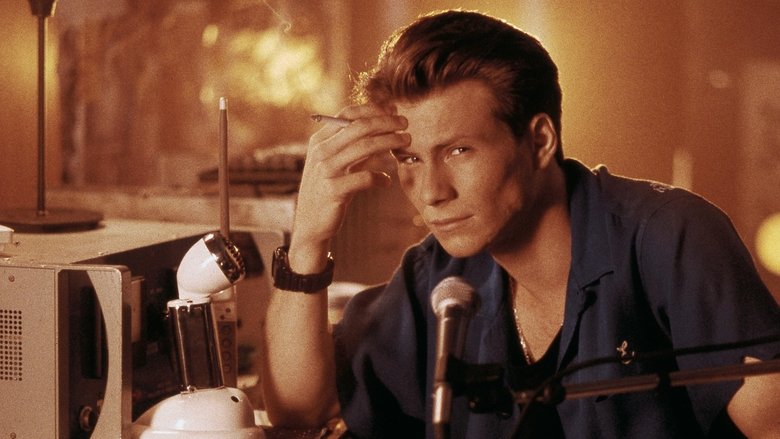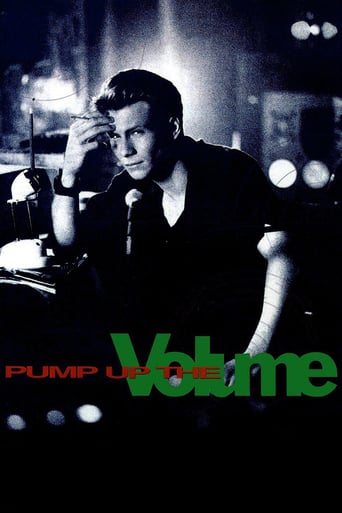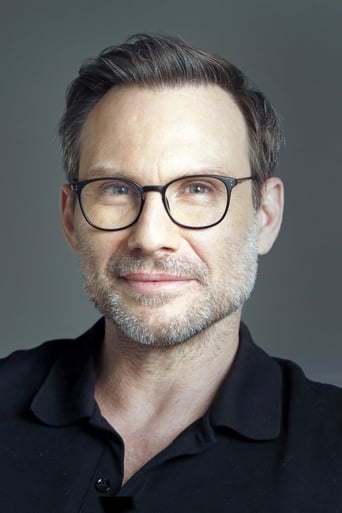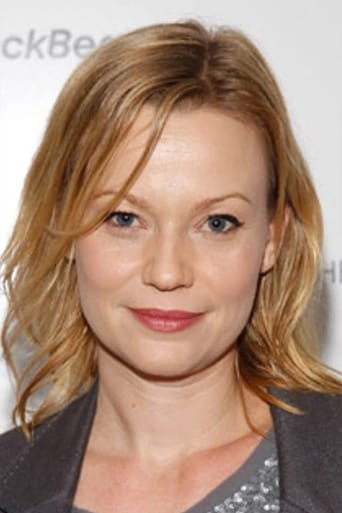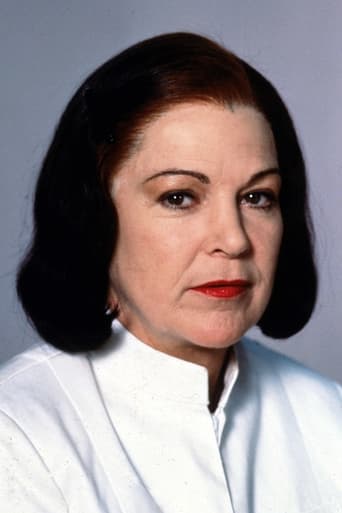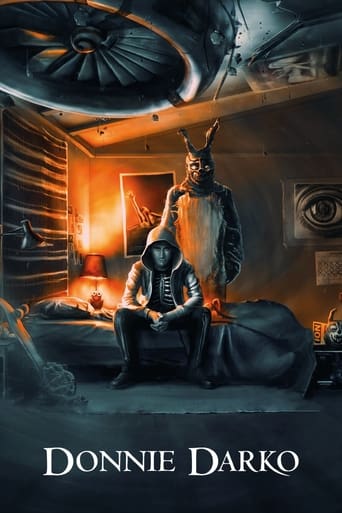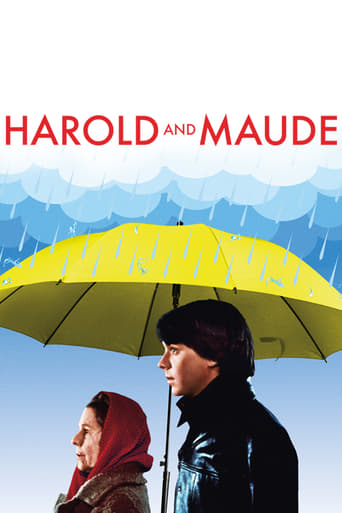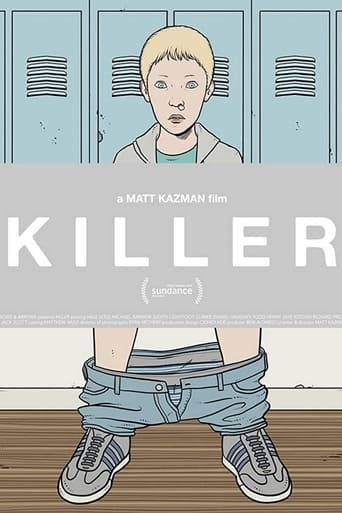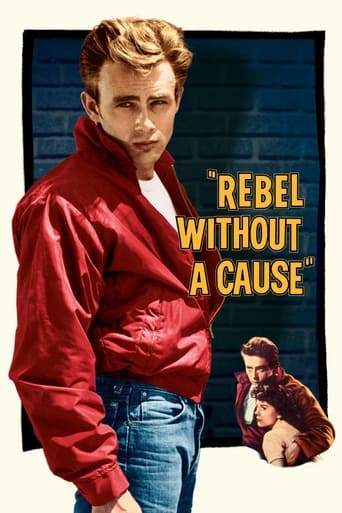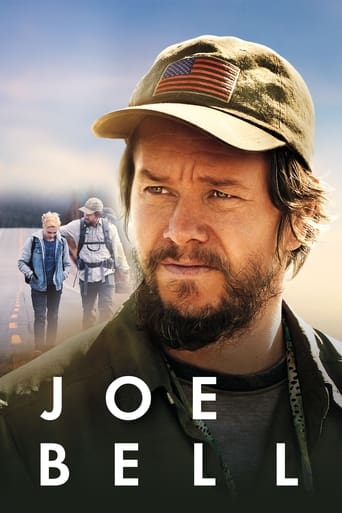Pump Up the Volume (1990)
Mark Hunter, a lonely high school student, uses his shortwave radio to moonlight as the popular pirate DJ "Hard Harry." When his show gets blamed for a teen committing suicide, the students clash with high school faculty and the authorities.
Watch Trailer
Free Trial Channels
Cast


Similar titles
Reviews
Strictly average movie
Save your money for something good and enjoyable
I didn’t really have many expectations going into the movie (good or bad), but I actually really enjoyed it. I really liked the characters and the banter between them.
This is a dark and sometimes deeply uncomfortable drama
Almost from the outset, I couldn't find very much that was credible about this movie. It starts with Christian Slater portraying a disaffected teen who has difficulty adjusting to high school in Arizona having moved from the East Coast. Okay, I'll grant some separation anxiety from his friends back home, but Slater's character is a good looking, fashionably dressed enough teen who shouldn't have had any trouble making new friends or introducing himself to girls in his class. That he couldn't even look one in the eye defied any kind of logic that I can come up with. Then there's the social milieu at Hubert Humphrey High School. It appeared that EVEYONE going to school was ready to plunge into anarchy after listening to Hard Harry's (Slater) pirate radio broadcasts. That's just not reality. I know the movie was trying to make a point about teenage angst and alienation, but even so, there would have been some responsible students somewhere in those corridors who wouldn't go along with Harry's broadcasts to defy all forms of authority. And finally, there was Mark/Harry's home life. Didn't his parents hear him screaming downstairs during his radio outbursts? And I won't even get into how easy it would have been to discover who was doing those shows if a fellow student like Nora (Samantha Mathis) was able to figure it out. Okay, so it's almost three decades since this movie came out, but I can't imagine how authorities would have been that clueless to scope out Harry's location and put an end to his nonsense sooner than they did. A recent incident at a local high school near me that threatened the safety of students resulted in three neighboring school lock-downs within a half hour.
Others have described the film. I'm here because I realized I now have a good way to sum up the pros and cons of it: If you liked the divisive Stranger Things 2 episode "The Lost Sister," you will LOVE this movie, which may well have been one of Lost Sister's main influences. You need a high tolerance, and ideally an enjoyment, of awkwardness and intense feeling throughout the film. I'm talking about the kind of overall tone that the average person often finds stilted and preachy, but conveys true joy and wholeheartedness. It's the kind of experience that matches adolescence almost too closely. You also may really like this film if you like high camp, such as "Can't Stop the Music" and the comedy episodes of "Xena: Warrior Princess."If you are in this film's target audience, you should also see "Pump up the Volume" director Allan Moyle's flawed masterpiece "Times Square," which was largely destroyed by the Robert Stigwood production machine, and thus has limited modern appeal. Enjoy!
Interesting to watch this movie 24 years after it was released. It really 'spoke' to me when I was a teenager. What I found interesting watching it as an adult was how much I agreed with Mark (Christian Slater) about how strange it is to live in Arizona. He keeps telling his parents: 'People are weird here, I can't talk to anyone, they don't understand me.' I'm sure it was only a way to make him seem at odds with his classmates. But so peculiar that I feel the same way as an adult living in Arizona and coming from the mid-west. People in Arizona are strange, and very different...definitely not easy to get along with. Nobody gets me here...this was an unexpected feeling as I watched this again and was able to connect to the main character on a different level than as a teenager.
"Everything is backwards; everything is upside down. Doctors destroy health, lawyers destroy justice, universities destroy knowledge, governments destroy freedom, the major media destroy information and religions destroy spirituality." - Michael Ellner Alan Moyle's "Pump Up The Volume" stars Christian Slater as Mark Hunter, a high school student who lives in a sleepy, Arizonan town. Looking to lash out at the world, Mark starts an FM pirate radio station. This station becomes an outlet for his angst and aggression. The film then becomes a teen version of "Network" or "Rebel Without a Cause", Mark rallying fellow disaffected and alienated youths until he becomes the unwitting leader of a minor student revolution.In historical terms, Hunter's caught in the deadlock of late capitalism, or what Francis Fukuyama called "the end of history", a time populated by what Nietzsche called "the last men"; pathetic, contemptible things. Fukuyama's position counterpointed that of Hegel and Marx, who saw historical development as a purposeful journey from primitive stages of consciousness to "something better". This goes against the "there is no alternative" (T.I.N.A) mantra of late capitalism, a stance explicitly reborn in the mid 20th century, but which has bee around in various forms much longer, perhaps starting with Thomas Malthus, a nineteenth century progenitor of "no alternative" politics and its credo of "permanent" scarcity and "necessary poverty". Malthus contested nineteenth century radicals who were steadfast in their belief that labour, properly deployed, could usher in a new society. Indeed, the initial need for elites to publicly announce the absence of any alternative to existing social arrangements was entirely a defensive move, in response to such radical ideas.One of the first to counter T.I.N.A was William Godwin. In his 1793 book, "Enquiry Concerning Political Justice", he argued that the "existing state creates a servile and truckling spirit," and that the cruel monotony of the system "produces a kind of stupid and hopeless vacancy in every face". From Godwin can be drawn a line to libertarians, anarchist communism, socialism and even the labour theory of value. The British government then tried to prosecute Godwin for treason, but abandoned the idea. Godwin was instead attacked by Malthus, who in "Principles of Political Economy" essentially defended class structures and even went so far as to advocate starving the poor because "that way they wouldn't breed too heavily". In anticipation of the permanent war economy of the United States, Malthus would even offer war and state debt as perfect mechanisms for "enhancing value through the careful calibration of scarcity".So though white and privileged, Hunter's part of a long list of validly ticked off people. On air he calls himself "Hard Harry", and begins his radio program with Leonard Cohen's "Everybody Knows", the lyrics "everybody knows the dice are loaded, everybody rolls with their fingers crossed" heralding his audio rants. "All the great themes have been used up and turned into theme parks," he tells his audience, as he begins to develop a sort of naive political manifesto. Where adults condescend, he empathises, where they ignore, he provides an outlet for the hopes, dreams, fears and tragedies of other youths.Elsewhere Hunter challenges the ethos of his college, which cares more about test scores and image than actual education. Unsurprisingly, his college is named after Hubert Humphrey, a despicable archetype of cold war neoliberalism and apologist for much violence (Vietnam, the police beatings of peace activists etc). "The truth is a virus," Hunter tells his listeners, as he becomes increasingly subversive and empowering, shaking fellow students out of apathy. "It begins with us! Not the experts, but the ones who need it most!" Pretty soon he's changed from an object of hero worship to one of strategic appropriation, youths taking from him what they need to advance their own empowerment and emancipation. Elsewhere the songs he plays are politically charged, but in offbeat ways. There's "Freedom of Speech" by Above the Law, Ice T states "I've no time to whisper in your ear", Hunter plays "Wave of Mutilation" by the Pixies, has Soundgarden say "Accused and convicted for nothing" and Liquid Jesus "Stand, and they will make you crawl"."Nothing is more important than a good education!" adults tell Hunter. "Except the basic right to it," he counters. Slowly he moves from isolation and individualism to community and collective action. He accepts that he has a responsibility to his listeners, understands that meaning and expression are terrains of political contestation, repeatedly fought over, but then quickly finds himself chased by the police and FBI. They want to shut him down. To silence him. The film ends with Harry on the run, romantic engagement finally deemed inadequate, until a final sequence in which every student in America starts their own pirate radio station. This is offered as something positive, but the internet/Facebook generation's told us otherwise: the podiums afforded by technology increase atomization and tend to become just more outlets for narcissism.Traditionally, young people have energised democratic movements. But resistance to domination has been subdued and power has long created societal institutions designed to break resistance. The young, reflexively impotent, are perhaps now entirely acquiesced to the idea that they can and will be repeatedly screwed. Large debts, and the fear they create, have become a pacifying force. Elsewhere we psychopathologize and medicate noncompliance, a fact which led Erich Fromm to state that "today the function of psychiatry and medicine threatens to become the tool in the manipulation of man." Indeed, schools themselves inculcate compliance not democracy, and routinely traffic standardisation and fear. The intelligent are shamed, surveillance is normalised and fundamentalist Religion and Fundamentalist Consumerism are exalted above all things. And so, like Howard Beale, Hunter yells from a radio, before being shut down.8.9/10 – One of the best teen movies of the 1990s, despite a weak, corny third act.

